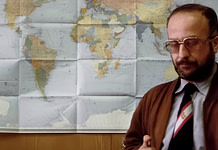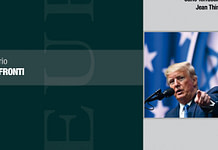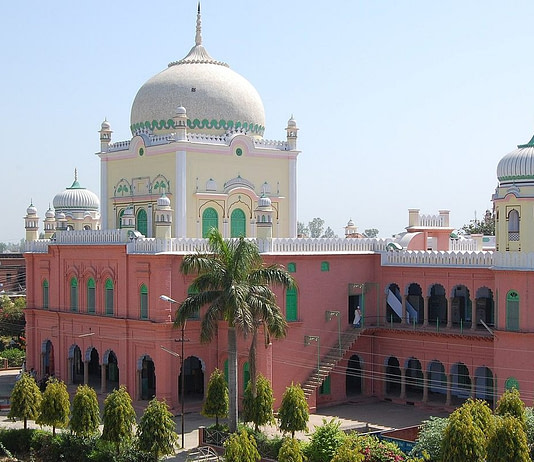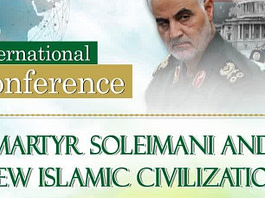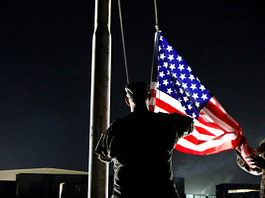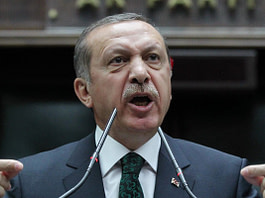Abkhazia, complete trust in Sergej V. Bagapsh
Abkhazia has long ago chosen its own direction, and the public reliance towards the current leadership is an important resource to rule this very particular country. Indeed, Abkhazia will soon clarify the main targets of its economic development, focusing especially on tourism and agronomy. Today, thanks to the improved political stability, there seems to be all the requirements for highly profitable investments, as stated in these days Christina Ozgan, the local Minister of Economy. For a long time, regional conflicts and international tensions have hampered the development of an extremely varied landscape which proved to be very interesting for different business initiatives. But today, in sight of the 2014 Olympic Winter Games in Sochi, few miles from the Abkhazian border, Sergej Bagapsh and his government could show to the international community the reality of a finally resurrected Abkhazia.
Africa in the Multipolar System
In the new multipolar structure, fully in the consolidation phase, Africa risks becoming, for economic and geostrategic reasons, the stakes between the western system, led by the US, and the Euro-Asiatic powers, Russia, China and India. In order to prevent and block that possibility, and especially to take on a decisive global in the medium and long term, the continental integration of Africa represents a need and a challenge which the African ruling classes are urgently called to answer. Such integration must probably be configured on a regional basis, following three principal lines: from the Mediterranean, from the Indian Ocean and from the Atlantic Ocean.
"US uses Europe as a bridge-head to attack Eurasia" – Interview with Tiberio Graziani
The world financial crisis is not just about money though it started on Wall Street, says Tiberio Graziani, editor of Eurasia magazine on geopolitical studies and author of many books on geopolitics. RussiaToday spoke to Graziani in Rome.
The Economic Crisis of the Western System. A Geopolitical Approach
Concerning the ongoing crisis several analyses have been performed, generally from an economic point of view. In this context, several studies have been produced with the purpose of analysing the impact of the crisis on global economy and on worldwide industrial systems. The results of these studies contribute to finding solutions for the overcoming of the crisis, without loss of power by the western system led by US. Since at the present time a new multipolar system seems to be emerging after the US’s unipolar moment, it is necessary to think about the relation between the different geopolitical postures of the world players and the crisis. Taking into account the different geopolitical strategies of the main global actors (US, EU, Russia, China, India), their different cultural identities and ambitions can help us to define better approaches in order to rebuild (or build) social stability and to find new forms of international cooperation in the conditions of this crisis.
The war for South Ossetia
The Russian counteroffensive has brought some political advantages to Moscow , though a small deferment in closing the operations might have optimized them. First of all, Saakashvili has been destabilized: he will have to bear responsibility for having set off a conflict they have ruinously lost, even if he will try to politically optimize the “victim” aura. Secondly, the US’ prestige—and secondly EU’s one —has endured remarkable backlashes in the region. Today facts have showed how much the balance of military power in the Caucasus leans undoubtedly towards Moscow. Moscow’s third success lies in putting off Georgia’s admission to the NATO. If Georgia had been a NATO member, today Europe and the US should have either engaged in the third world war or lost their face before the whole world. Reason for which Georgia’s entrance in the NATO has always been dependent on settling the Abkhazian and Ossetian problems. Now more than ever these problems are serious and their possible consequences obvious.








